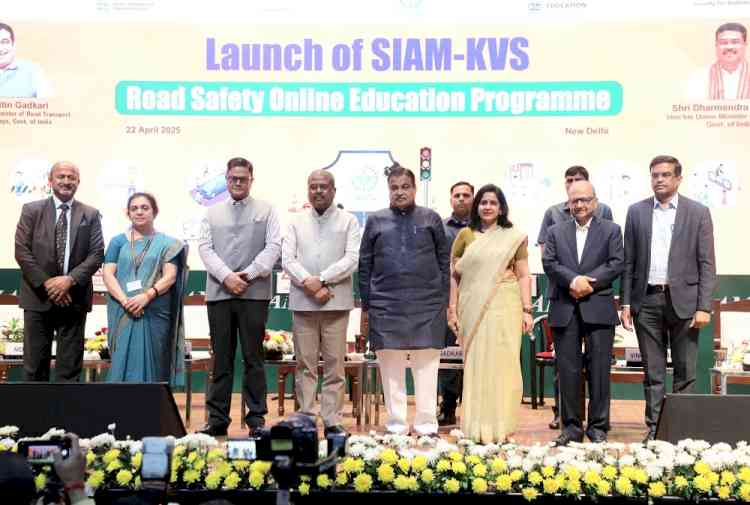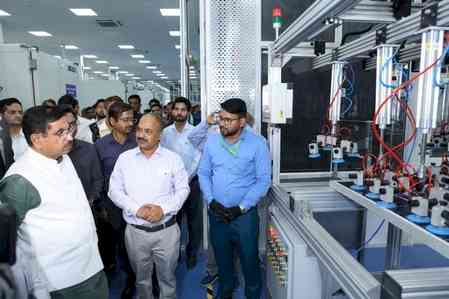Mahindra Good Business Study uncovers changing perception of ‘good business’ across India
The study, commissioned as part of the Mahindra Group’s 75th anniversary celebrations

Chandigarh: The Mahindra Group today published the findings of the ‘Mahindra Good Business Study’, outlining revealing people’s changing definition of what a ‘Good Business’ actually means. The study, involving over 2,000 respondents across ten, Tier 1 and Tier 2 cities, aimed to better understand their perception of what actually makes for a ‘Good Business’ and how this shapes their expectations and decision-making as potential consumers, investors and employees.
The study, commissioned as part of the Mahindra Group’s 75th anniversary celebrations, revealed interesting insights about people’s ideas of what makes a ‘good business’ particularly during these paradigms shifting Covid times. The study uncovered that what constitutes a ‘Good Business’ is a deeply personal view, based on individual values and life experiences. Understanding this is no longer a matter of reputation—it has now become a key business issue.
According to Anand Mahindra, Chairman, Mahindra Group, “The wider role, purpose and meaning of what constitutes ‘Good Business’ has never been more relevant than today. A company’s social and community impact is being discussed as loudly and frequently as its balance sheets; and by more people than ever before. I absolutely believe that these broader, more inclusive expectations – whether from customers, shareholders, employers or other members of society – can be perfectly compatible. The principle role of business leaders today is to find that mutually beneficial, common ground – for me, that is the essence of Good Business. Each one of our own corporate milestones is accompanied by a more human one; whether it be the creation of a truly inclusive workplace or a reduced environmental impact; whether it’s a deeper engagement with our communities, or providing the freedom to experiment (and, even fail) to all our employees. So, the occasion of our 75th anniversary represents an opportune moment to participate in what I believe is the most important conversation of the decade.”


 cityairnews
cityairnews 









